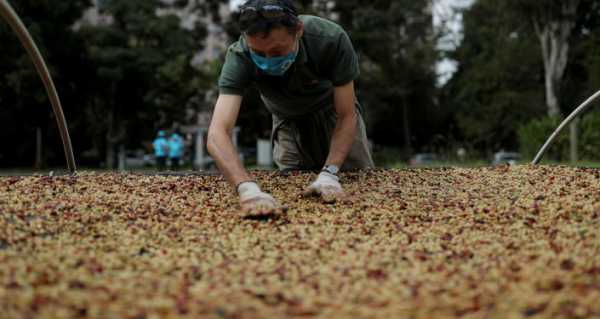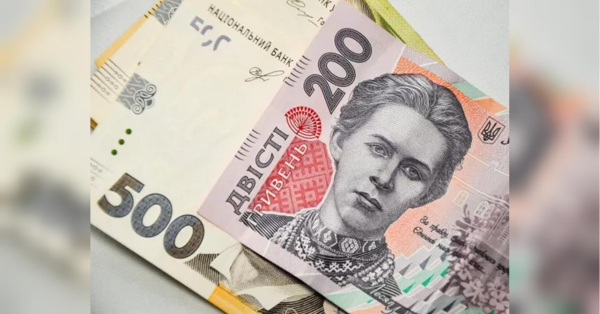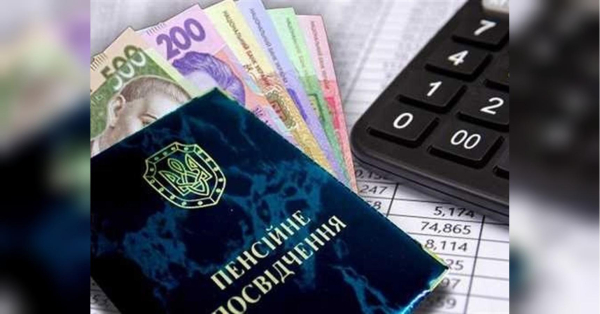
Luiz Carlos Ciocchi, director-general of Brazil’s National Electric Grid Operator, revealed earlier this month that energy prices may remain high as the country’s recent drought has triggered a shortage of hydroelectric generation, and increased dependence on thermal power plants.
As Brazil grapples with the aftermath of record-low rainfall, the country’s water crisis may begin threatening the global supply of products like coffee, corn, and oranges.
Pinheiro’s 53-hectare (131-acre) plantation of arabica-coffee crops received less than half the water necessary in the past season, which runs from November through March.
Some 15% of Brazil’s arabica coffee fields are irrigated, while some 30% of orange crop fields are irrigated, according to the outlet. Despite irrigation, Brazil’s orange crop production has dropped some 31% this year.
Additionally, Brazil’s second corn crop estimates dropped from 90 million tonnes to 72.8 million tonnes, according to agribusiness consultancy Céleres.
The director-general of Brazil’s National Electric Grid Operator explained last week that rainfall for Brazil’s traditionally rainy season was the lowest in two decades.
Even prior to Brazil’s record-low rainfall, scientists and activists in the country were sounding the alarm over the environmental dangers of deforestation.
Recent analysis by the Monitoring of the Andean Amazon Project details some 430,000 acres of the Amazon Rainforest have been cleared in 2021.
Brazilian President Jair Bolsonaro, who has been widely criticized for his approach to environmental concerns, stated on May 11 that Brazil has been “unlucky” when it comes to rainfall.
Sourse: sputniknews.com






